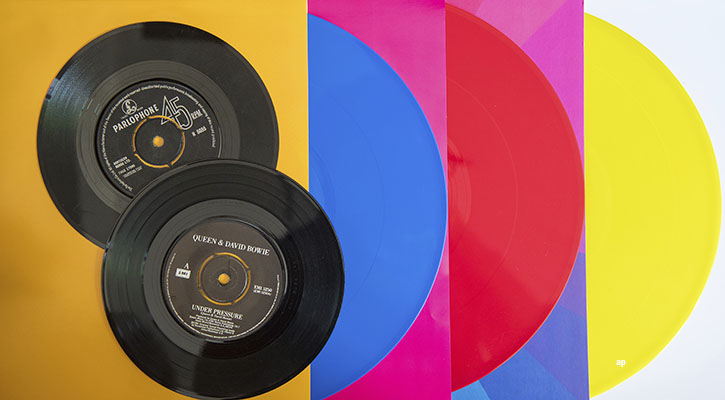
The rising cost of living has been a source of anxiety since the covid era, and is now set to be a key issue in the upcoming general election.
While the consumer price index (CPI) has fallen from over 11% to 4%, this is still double the Bank of England’s target of 2%. And even if price rises are abating as we enter a period of disinflation, the cost of goods remains at elevated levels.
How Has The CPI Basket Changed?
• In: Vinyl records, Air fryers;
• Out: Hand gels, Sofa beds.
From the weekly food shop to airline tickets, consumers are becoming used to higher prices, though they're naturally keen to shop around as much as possible.
That means the Office for National Statistics' monthly CPI number is followed closely, and with it, the contents of the ONS's theoretical "basket" of goods. While this may seem abstract, a lot of thought goes into its components.
This basket is revised annually and contains 744 items. It's a useful proxy for changing consumer trends and it's just been updated for 2024.
Air fryers and vinyl records are now "in" the basket, while hand sanitisers, the must-have for post-pandemic commuters, are "out". So too are sofa beds, a staple of 1990s student life!
Previous changes to the basket have included CDs, DVDs, MP3 players and streaming services. Vinyl's resurgence is an example of a consumer product coming back into favour, having previously been removed from the basket in 1992.
Food is Key to the Inflation Basket
Looking at the additions to the 2024 basket, food looms large, especially in terms of convenience and perceived health benefits: one of 2023's most-bought and discussed products, the air fryer, makes its first appearance. Rice cakes, pre-packed salad and sunflower seeds suggest the time-pressed office worker trying to keep the calories down.
For the sake of space, I've removed "duplicate" items like second-hand cars, takeaway hot drinks, pre-packed salads and portable storage devices, as these are category changes rather than indicators of changes to consumer behaviour. And sometimes these reflect the difficulty of the ONS collecting data on their sales; popcorn isn't suddenly less popular.
"This item has been dropped due to poor coverage in terms of the relatively low numbers of quotes collected," the ONS says.
But others do reflect consumer changes perhaps connected to the return to offices; supermarkets are selling fewer whole roast chickens and preferring to sell smaller portions aimed at the "lunch on the go" market.
While these are headline-grabbing changes, the ONS is keen to point out that 16 items have been added and 15 removed as part of a much wider cohort of 744 goods. A full methodology and explanation can be found on the ONS website here.
We get the latest inflation figures for February on March 20; last month's numbers were reported here.

























